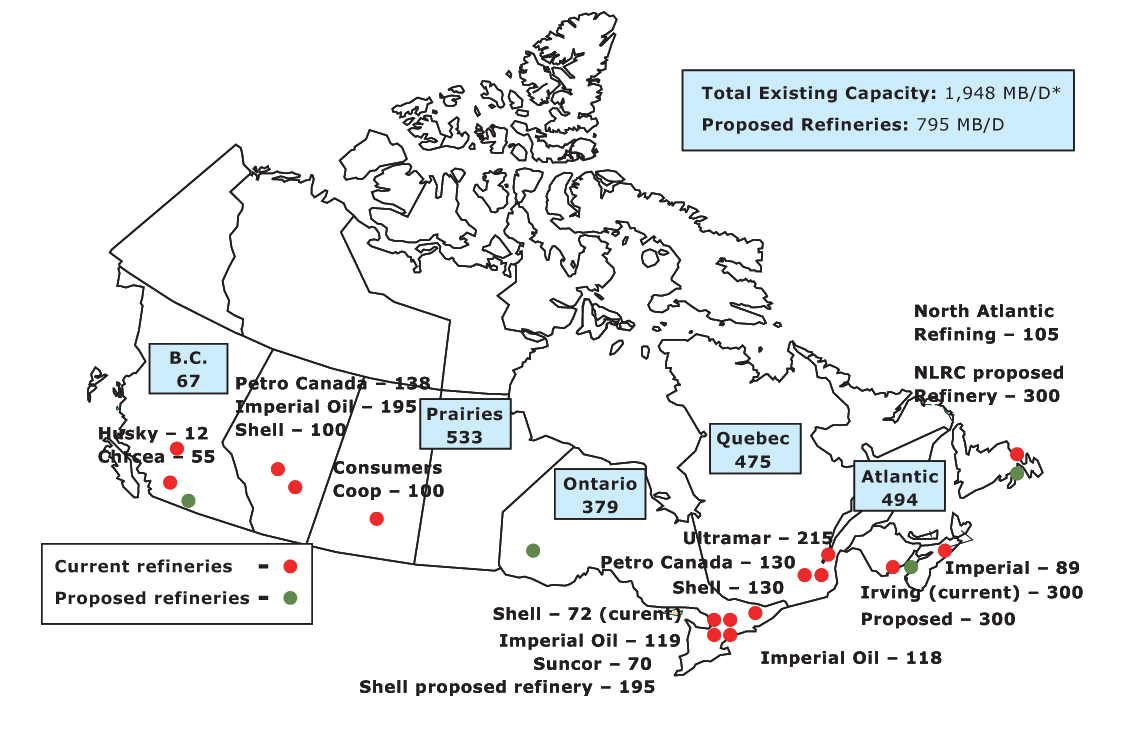Originally Posted By: engineer20
how is costco gas at the two costcos in livonia? I heard it wwas on par with 76 which is made by chevron
and how does costco gas compare with shell?
on a side note, does this site do lawn mower oil or is it just for cars? where can you get a 5 quart jug of sae 30 oil for a lawn mower?
http://www.fatwallet.com/forums/hot-deals/1411014/
And what about the costco selling the chevron techrons for cheap (it's not pro gard, is it?)
76 is blended by conocophillips. 76 was Chevron many moons ago.
how is costco gas at the two costcos in livonia? I heard it wwas on par with 76 which is made by chevron
and how does costco gas compare with shell?
on a side note, does this site do lawn mower oil or is it just for cars? where can you get a 5 quart jug of sae 30 oil for a lawn mower?
http://www.fatwallet.com/forums/hot-deals/1411014/
And what about the costco selling the chevron techrons for cheap (it's not pro gard, is it?)
76 is blended by conocophillips. 76 was Chevron many moons ago.


